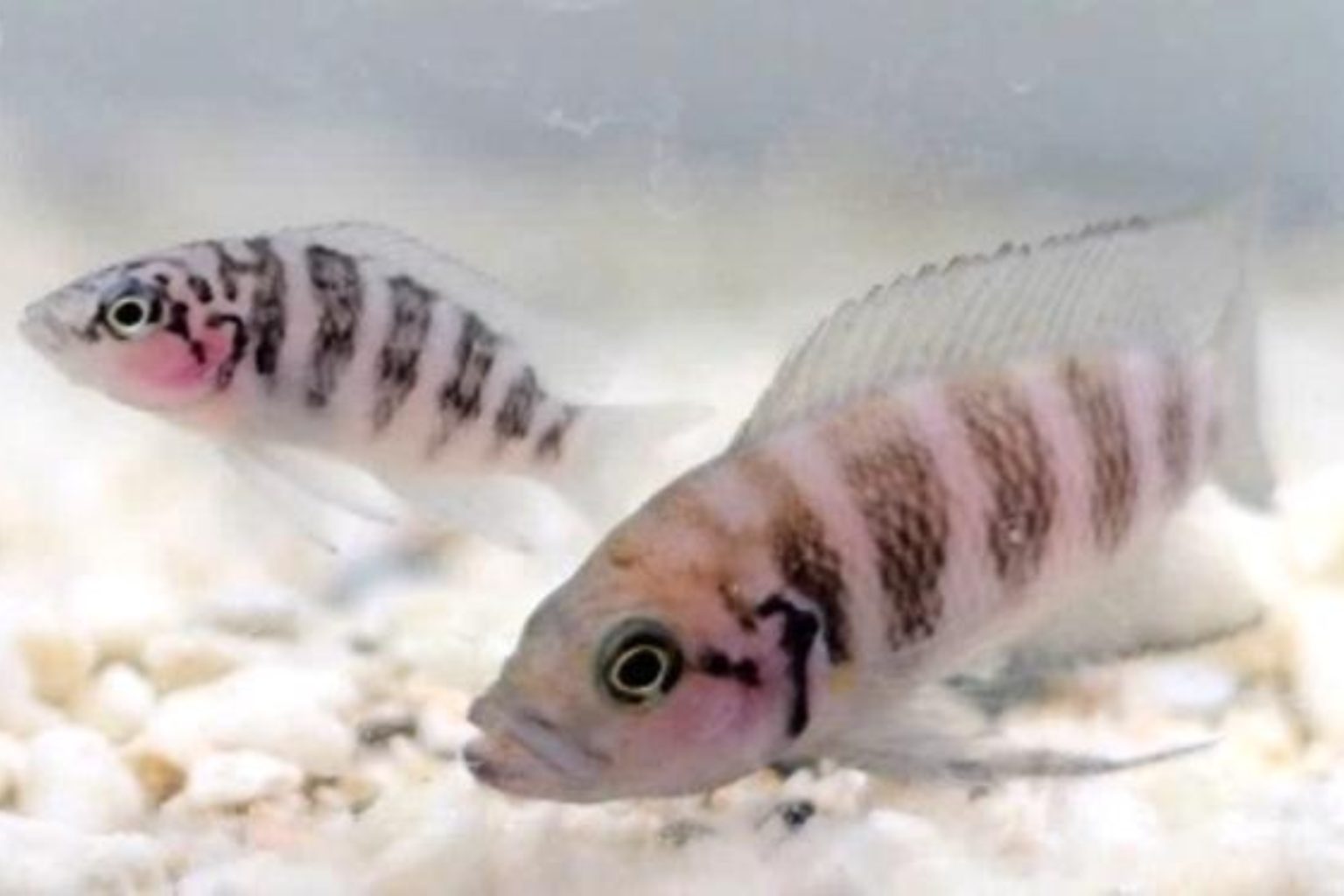A recent study published in the journal Animal Behaviour found that Neolamprologus savoryi, a species of cichlid fish native to Lake Tanganyika in Central Africa, engage in physical punishment of their offspring in order to encourage cooperation within their family group. This behavior is seen in cooperatively breeding fish, where offspring stay with their parents for an extended period of time to assist with raising subsequent siblings. The cooperative breeding system is evolutionarily beneficial, as it allows for improved defense against predators and nurturing of offspring. The researchers found that N. savoryi parents would physically punish their offspring if they were not participating in their cooperative duties, leading to increased cooperation among the offspring.
While cooperative breeding is more commonly observed in birds and mammals, the cichlid fish in Lake Tanganyika are the only known fish species to use this breeding system. The helpers in the family group play a crucial role in defending the territory, ensuring the safety of the younger offspring, and assisting in raising the siblings. The researchers observed that the parents would attack idle helpers in order to spur them into participating in their cooperative duties. This study provides evidence that punishment is used in animal societies, similar to its role in human societies, to maintain social relationships and encourage cooperative behavior.
The researchers concluded that fish, like humans, use advanced cognitive abilities to sustain their societies and ensure cooperation among group members. The use of punishment to elicit cooperative behaviors highlights the complexity of social interactions within animal groups. This research challenges traditional notions of intelligence in fish and across the animal kingdom, suggesting that animals are capable of sophisticated social interactions and behavior. The findings of this study shed light on the importance of punishment as a tool for enforcing cooperation and fostering social relationships within animal societies.
Overall, this study sheds light on the unique social behaviors of Neolamprologus savoryi and the importance of punishment in maintaining cooperative relationships within animal societies. By studying the behavior of these cichlid fish, researchers gain insight into the evolutionary benefits of cooperative breeding systems and the mechanisms by which animals ensure cooperation among group members. This research challenges traditional views of animal intelligence and highlights the complex social dynamics that exist within the animal kingdom.


